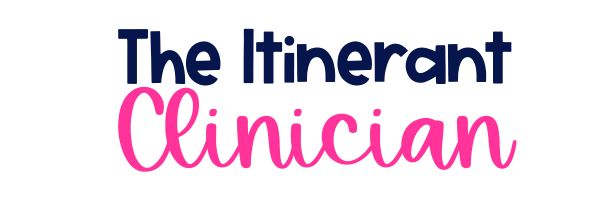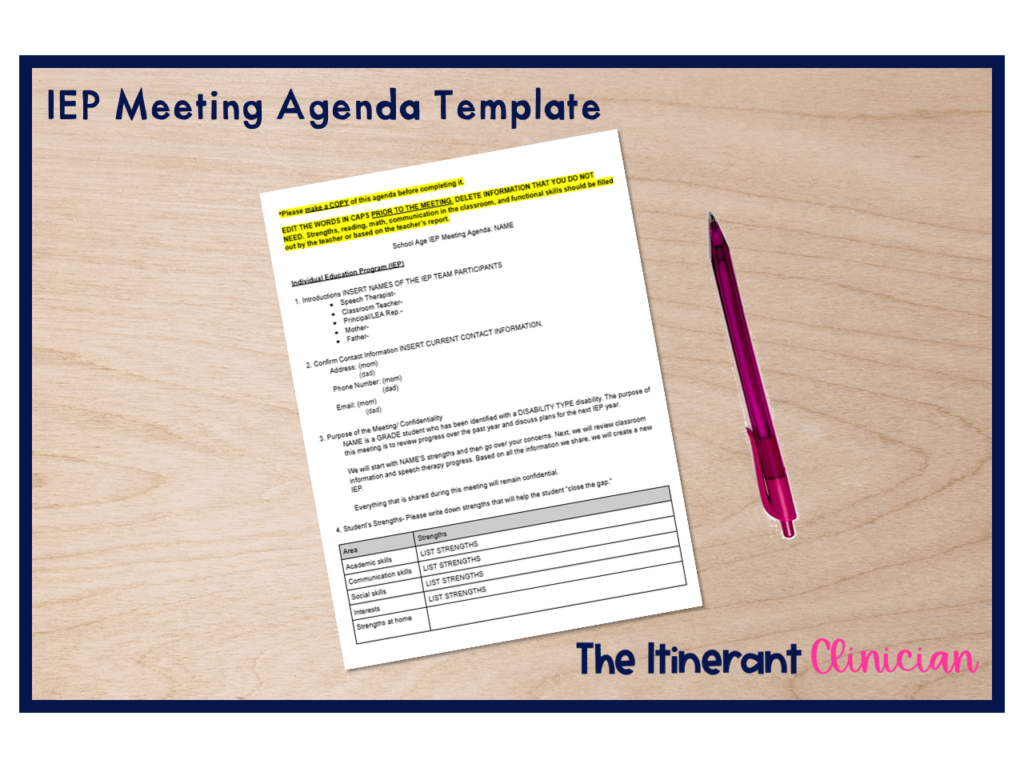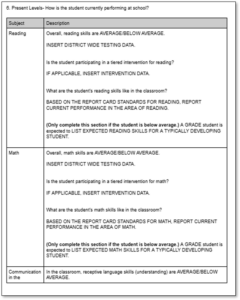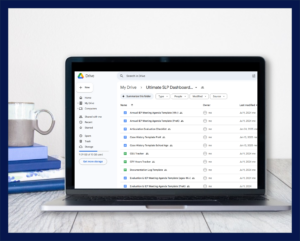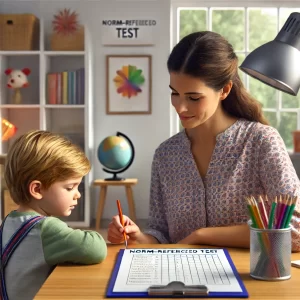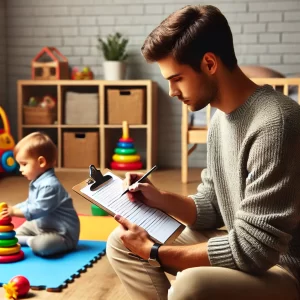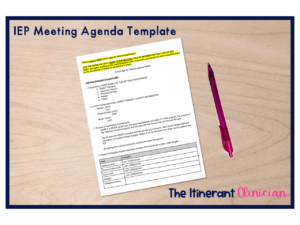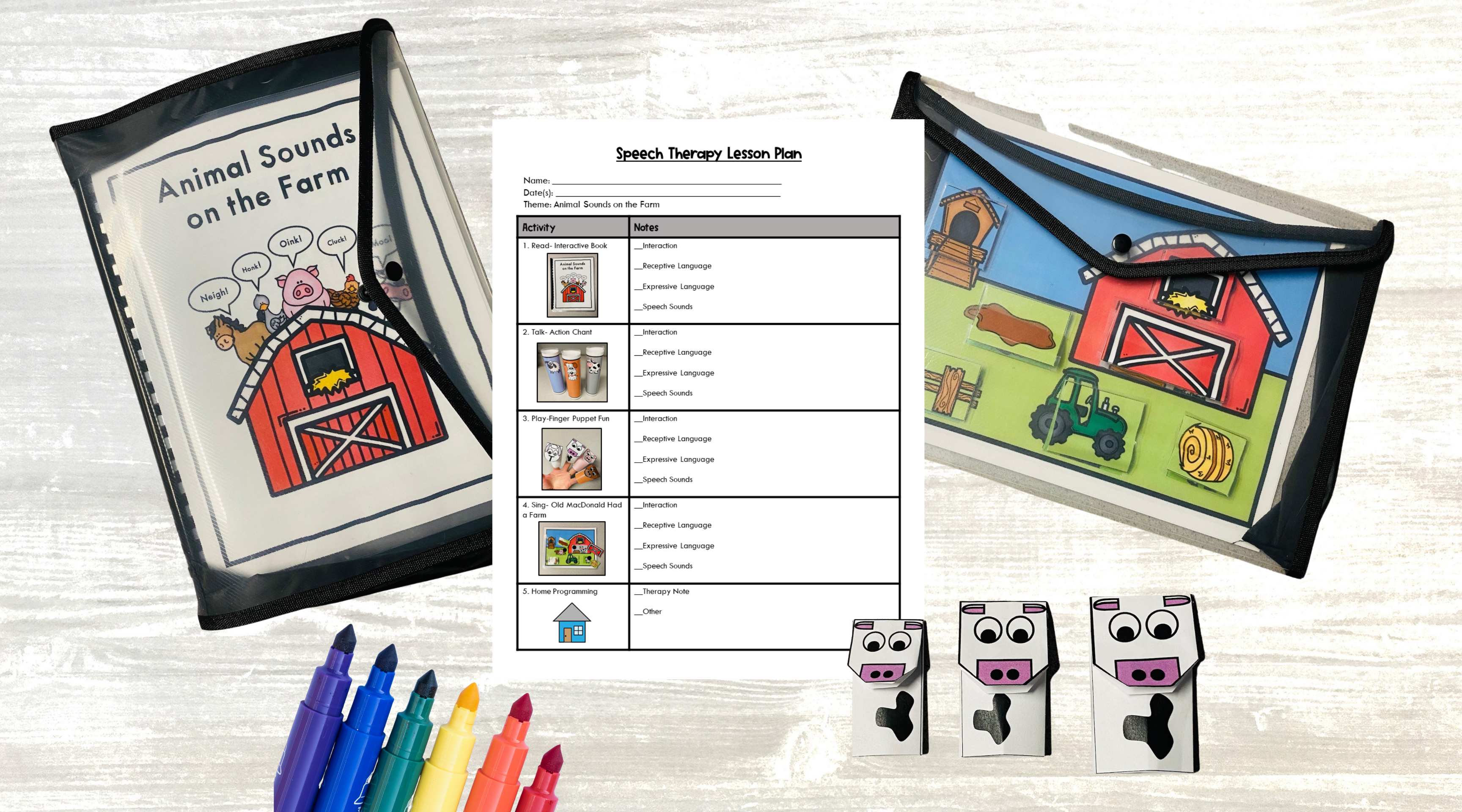Sharing is caring!
If you’re new to writing IEPs, you’ve probably come across the term IEP PLOP and wondered, What does that even mean? Don’t worry—you’re not alone!
The IEP PLOP (sometimes called PLAAFP) is one of the most important sections of an Individualized Education Program (IEP), but it can also be one of the trickiest to write. In this post, we’ll break down exactly what a PLOP is, why it matters, and how to write one effectively.
What Is an IEP PLOP?
PLOP stands for Present Levels of Performance and is also known as PLAAFP (Present Levels of Academic Achievement and Functional Performance). This section of the IEP describes a student’s current skills, strengths, and areas of need.
Why Is the IEP PLOP Important?
The PLOP serves as the foundation for the entire IEP. If the present levels aren’t accurate or detailed, the rest of the IEP—including goals and services—may not align with the student’s actual needs.
Think of it this way: If you were planning a road trip, you’d need to know your starting point before mapping out where you’re going. The PLOP is that starting point!
It helps to have an IEP meeting agenda template to guide you through talking about present levels with parents and colleagues. Check out this template that is part of the My SLP Hub file folder available on Teachers Pay Teachers. (Click on the image below to see a bigger version.)
What Should Be Included in an IEP PLOP?
A strong PLOP section should cover:
1. Academic Skills
- Reading skills
- Math skills
- Writing abilities
2. Speech and Language Skills (If Applicable)
- Articulation, phonology, or fluency challenges
- Expressive and receptive language abilities
- Social communication skills
3. Social-Emotional & Behavioral Skills
- Peer interactions
- Emotional regulation
- Classroom behavior
- Attention
4. Motor Skills
- Fine motor (e.g., handwriting)
- Gross motor (e.g., coordination, mobility)
5. Functional Performance
- Daily living skills
- Communication in the school environment
- Independence in completing tasks
Each of these areas should be backed up with data, not just general statements.
How to Write a Strong IEP PLOP
Here are some best practices for writing an effective PLOP section:
✅ Use objective data. Instead of saying “Johnny struggles with articulation,” say “Johnny produces /r/ correctly in 30% of words at the sentence level.”
✅ Connect to IEP goals. Every area of need listed in the PLOP should have a corresponding goal or accommodation in the IEP.
✅ Include input from multiple sources. Teachers, parents, and therapists all have valuable insight into the student’s performance.
✅ Avoid vague or subjective language. Stay clear of phrases like “Johnny has trouble paying attention.” Instead, say “Johnny requires redirection 4-5 times per 20-minute task.”
Common Mistakes to Avoid in an IEP PLOP
🚫 Being too vague: Phrases like “Student has trouble with reading” don’t provide useful information. Use specific data.
🚫 Copy-pasting from last year’s IEP: The student’s needs have likely changed—update the information accordingly.
🚫 Not linking to goals: Every need in the IEP PLOP should connect to at least one goal or accommodation. If it doesn’t, it probably shouldn’t be included.
🚫 Forgetting to consider strengths: While it’s important to outline areas of need, don’t forget to highlight what the student can do!
Final Thoughts on Writing an IEP PLOP
The IEP PLOP section is a crucial part of developing an effective IEP. By using clear, objective data and linking present levels to IEP goals, you can create a well-rounded, student-centered plan. If you need tips for explaining an IEP using parent friendly language, check out this blog post.
If you need a simple way to streamline your IEP writing process, check out the resource below, which includes editable templates to help you write IEP PLOPs quickly and effectively!
